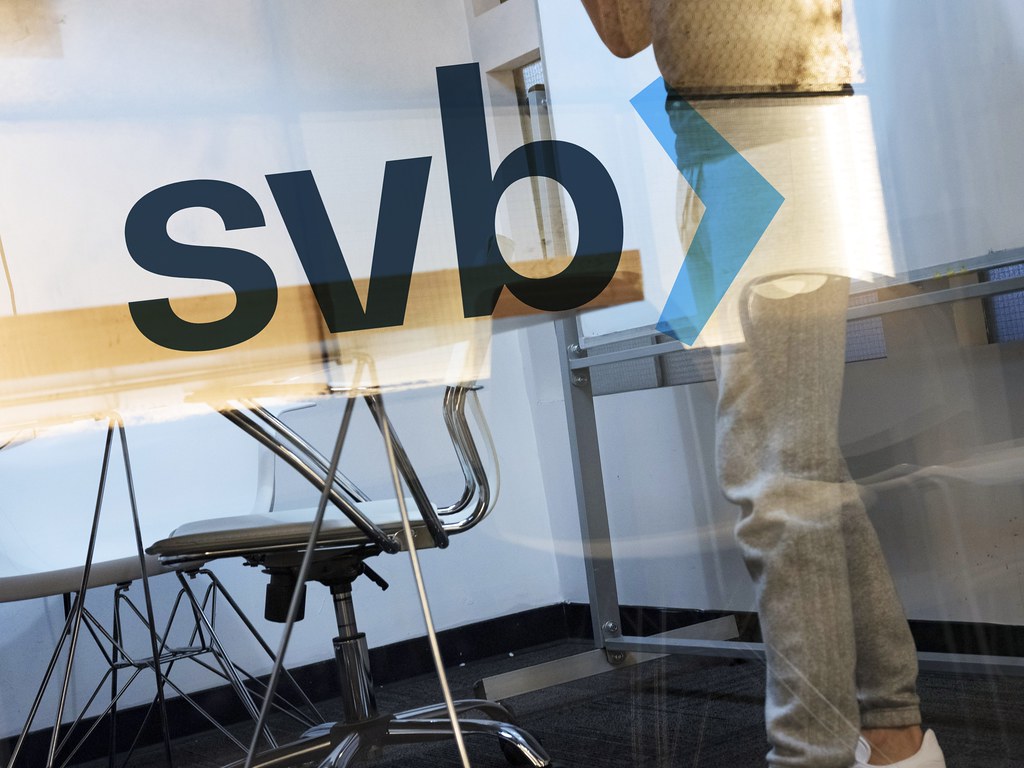It’s been a tough, sweat-inducing week in tech with the collapse of Silicon Valley Bank (SVB), but, as one international name testifies, the mood is now perhaps looking up for enterprise tech firms in the UK and beyond.
After just a matter of weeks following KPMG’s sign-off on SVB’s financials, Friday, March 10 saw the institution’s US parent company collapse in what has been described as the biggest US bank failure since 2008. Over almost four decades, the technology sector lender had become a household name for tech start-ups, many in the cloud arena. During the pandemic’s ‘cheap money era’, the bank had been infused with money from a boom of start-up investment funds.
But as interest rates and costs recently rose, tech firms found it much harder to gain ongoing investments. As more pulled from SVB deposits, the bank was forced to sell a large amount of its bond portfolio at a loss of $1.8bn, and a much needed $2.25bn boost from investors never came.
Hours later, confidence in the bank was dwindling, and customers started withdrawing, causing insolvency and a dangerously unstable UK arm.
One SVB customer, the US-headquartered SplashBI, tells ERP Today about a few painstaking days for its UK operations, with senior execs treadmilling to keep things afloat, while ‘wait and see’ was the only option for its funds.
Thankfully, regulatory support guaranteed US depositors’ money, and HSBC has bought the UK arm of SVB for £1, saving over £6.7bn worth of funds for businesses across the UK and the nation’s technology industry.
From the front lines – SpashBI’s experience
Having seen something was amiss late on Thursday, March 9, SplashBI was quick to the mark on Friday morning – but already finding it practically impossible to access its SVB account. By late Friday evening, the business analytics platform gained access, but transfers were being placed in a ‘scheduled queue’ and not actioned.
Graham Spicer, country head EMEA at SplashBI, reveals: “The biggest problem was lack of communication from the banks. Just making press releases when you are talking about a global situation doesn’t cut the mustard. Surely someone at SVB or HSBC could have communicated direct with their customers?
“While all this was going on, our staff were obviously asking questions. All we could do at this stage was offer assurances. When it was announced that HSBC was acquiring SVB UK for £1 we drew a sigh of relief – short-lived as it was.”
By Monday, despite news releases about operations being ‘back to normal’ for SVB UK customers, SplashBI was still experiencing problems with logging in, and transfers were again being held indefinitely in scheduling queues.
“This was despite the news releases about all SVB UK customers now being able to access their funds. At no point between Thursday evening and up until now [Wednesday] have we received any notifications from SVB nor HSBC,” says Spicer.
Tuesday morning saw SplashBI finally able to access its funds. Thankfully, the company didn’t lose any deposits, but there is no return on the substantial sweat and time invested by SplashBI – and other businesses – to ensure they could continue trading after the crisis had quelled.
In the sticky Friday-Tuesday period, Spicer had needed to send 147 personal emails to customers, partners and suppliers explaining the situation, providing new invoicing details and asking suppliers to hold off until the situation was resolved.
Suppliers were also in a similar storm, requesting payments to their SVB accounts to be halted, too.
An inflection point for tech?
Many are shaking their heads in dismay that so few lessons had been learned since 2008. The repercussions have left the market uneasy and very shaken; thankfully, though, the phrase ‘it could have been a lot worse’ is being passed around as much as brand spanking new HSBC account digits.
The SVB flop follows the announcement that Tech Nation, the UK government-backed entity serving the country’s scaleup technology ecosystem, is set to cease operations from the end of March. Though the shutdown is a direct result of its loss of the government’s Digital Growth Grant, doom and gloom isn’t necessarily spelled for the industry following yesterday’s budget announcement.
Jeremy Hunt, chancellor of the exchequer, reiterated his plans to make the UK a science and tech superpower in his spring budget speech, and the Digital Growth Grant has now been awarded to Barclays Eagle Labs, the startup incubator division of the FTSE 100 bank.
Commenting on the UK budget announcement, Gerard Grech, CEO of Tech Nation, said: “Today’s budget is a positive indication of the UK Government’s commitment to becoming a science and technology superpower. We welcome the measures aimed at supporting the UK tech industry, including the introduction of additional tax support for R and D…which will generate investment in new industries, whilst protecting consumers and businesses.”
With such dramatic shifts occurring in the UK technology industry, leaders have called this a time where greater regulation can come to the fore, securing big – and little – tech, as well as its enterprise customers, in what could be a real and much sought after inflection point for the technology industry. Comments by the EU on the fall of SVB also suggest the experience will prompt further and better regulation and stricter for lenders in Europe, too.
Despite a stressful turn for many this week, it does seem that most have come away unscathed, but with perhaps a few more gray hairs than they’d like. As Spicer tells ERP Today, “What’s the saying? All’s well that ends well”.
The same may be said at some point for the UK’s ongoing tech development, as businesses big and small all hope the fall of SVB marks a wake-up call for industry change, with ideally both governments and banks supporting real progress in the sector.




